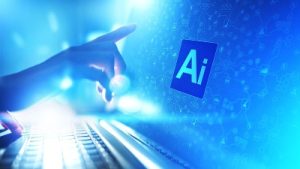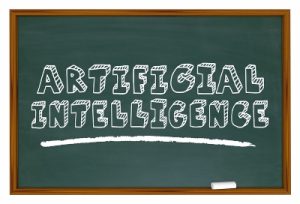
Artificial intelligence (AI) is becoming a key element in every workplace. More than a tool, AI is a colleague, helping us work more efficiently and providing better access to data. While AI is not being built and implemented to replace humans, some people may find their roles greatly altered by its use. While AI itself will not replace an employee, a person who cannot work with AI may find themselves replaced by a person who can. Ensuring you understand how to use AI in your daily work is critical to ongoing career growth.
Understanding AI does not mean having to become a programmer, a software engineer, or a data scientist, and a deep dive into its technical workings is not necessary. What will help is a hands-on understanding of how to utilize AI for tasks, as well as how to interpret and use the data AI generates. Continue reading




